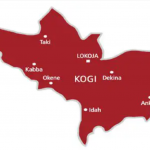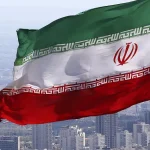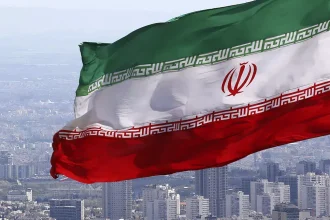The plight of albinos under extreme heat took center stage as the Kaduna state chairman of the Association of Albinism, Comrade Abubakar Adam, made a fervent appeal to world leaders attending the COP28 climate conference in Dubai.
The harsh weather condition, according to Adam, is putting millions of albinos at risk of skin cancer and other related skin diseases.
Adam urged COP28 leaders not to turn a blind eye to the “unfavourable conditions” albinos face in the Sahel region and beyond.
Speaking in a Kaduna interview on Sunday, Adam expressed deep concern over the rising cases of skin cancer and its devastating impact on albinos’ well-being. He revealed the recent loss of three albinos in Kaduna to climate change-related issues, emphasizing the urgency of the situation.
“We lost two in Kajuru local government, and one in Zaria, all attributed to climate change-related issues, including skin cancer.
“People with albinism lack melanin in their skin, making them more susceptible to sunburn and skin cancer,” he emphasized.
“We are witnessing an increase in cases of skin-related illnesses, adding challenges of our already difficult lives,” he aid.
To combat this threat, Adam highlighted the association’s ongoing campaign to educate parents of albinos and raise awareness about the financial struggles many adults face due to daytime heat restrictions.
“We often seek refuge under trees or umbrellas to shield our skin from burning,” he explained, underscoring the need for protective measures against the harsh realities of climate change.
The association is actively promoting the use of protective clothing among children and intensifying cancer prevention awareness within the albino community.
“We plead with COP28 leaders to hear our cry and find solutions to the extreme heat that endangers our lives,” Adam concluded. “Our future, and the future of albinos worldwide, hangs in the balance.”
This appeal underscores the disproportionate impact of climate change on vulnerable communities like albinos. Their call to action serves as a stark reminder of the human cost of inaction and the need for immediate solutions at COP28 and beyond.











